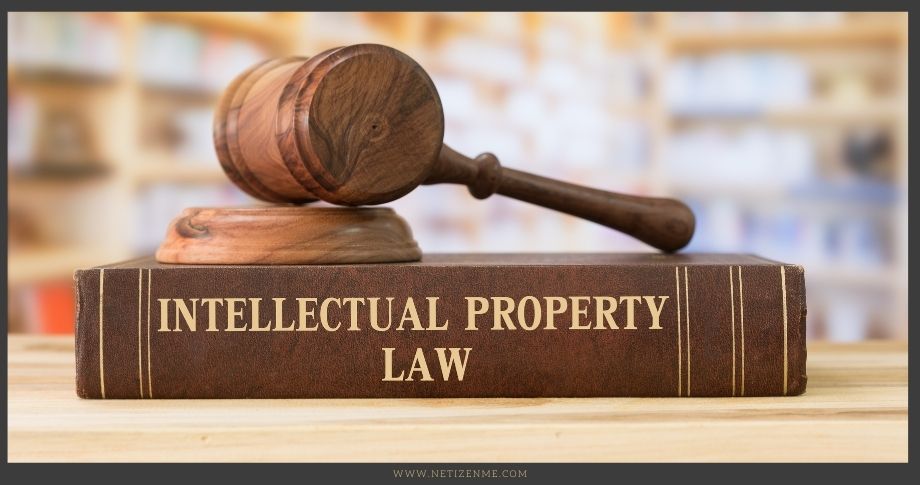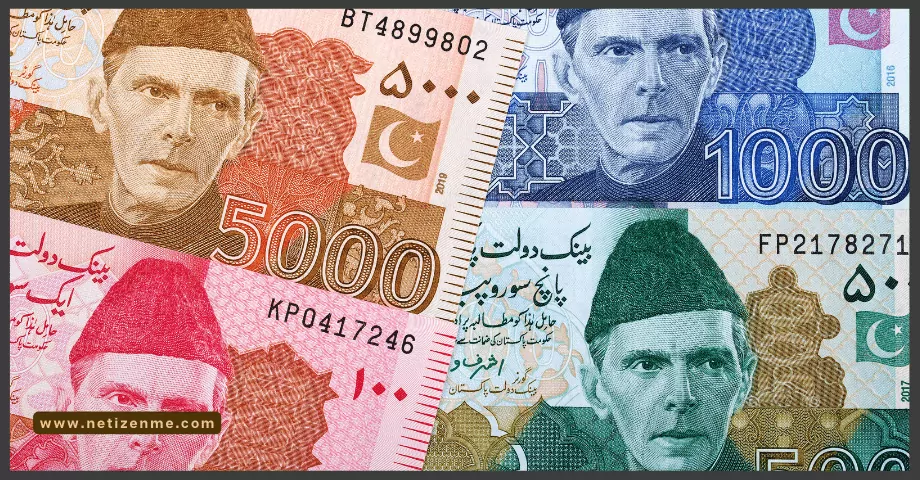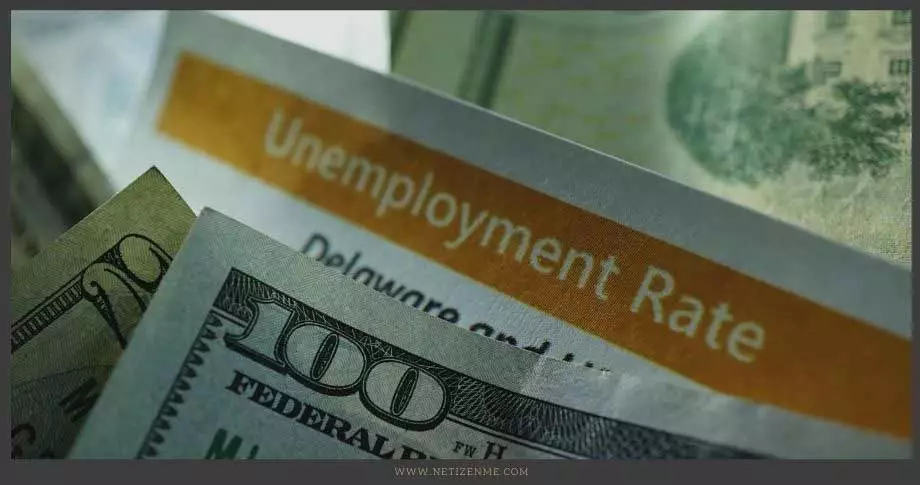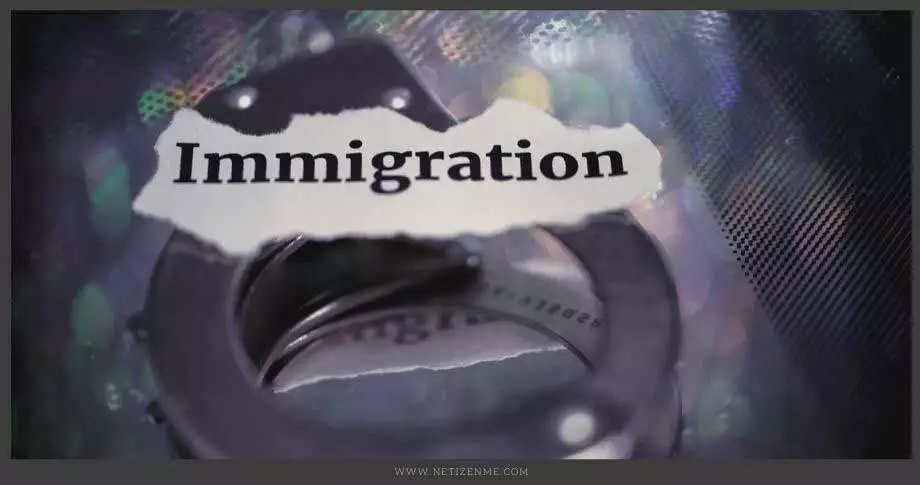
Everything You Need To Know About Intellectual Property Rights
How are intellectual property rights acknowledged and protected?
Formally, intellectual property refers to all the intangible assets owned by a person, persons, or an organization as well as the legal protection from being used by outside parties without the consent and knowledge of the owner. The concept of intellectual property stems from granting protective rights to tangible products that result from an individual or an organization’s thoughts and ideas. Similarly, intellectual properties are the thoughts and ideas themselves that must be granted protection from being replicated or even outright stolen.
Many organizations and individuals alike wish to protect their intellectual property so sedulously because intellectual property can be invaluable and indispensable for companies. With the advancements in technology and the advent of the internet, information has become a commodity. In addition, the intellectual property carries an immense value on account of the investment that goes into such assets in terms of time, brainpower, labor, etc. Because of this, an organization’s or a person’s intellectual property is protected from unauthorized use and reproduction. However, the intellectual property itself may not be valuable if the organization does not capitalize on the idea and execute it well. In most cases, intellectual property may even be more important than a company’s tangible assets because it can form the basis of the firm’s competitive advantage.
What are the 4 types of intellectual property rights?
Organizations employ many ways to protect their intellectual property. Listed below are the most common protective classifications:
Patents
Patents are protective rights granted by the government, with the result that gives the owner exclusive ownership and control over the inception, design, manufacturing, and sale of the product of one’s intellect. An example of patented intellectual property is technological inventions.
Copyright
Copyright to intellectual property grants the property owner to exclusively own, use, as well as reproduce their intangible property. Examples include authors, content creators, musicians, artists, etc.
Trademarks
Trademarks are a form of legal protection where companies are granted ownership of a symbol, sign, slogan, etc. That contributes to the recognizability of a brand and distinguishes it from its competitors. For example, Nike’s “Just Do it” is a trademarked slogan.
Franchises
There are ways for outsiders to work around a lack of access to another company or person’s intellectual property. First, purchase a franchise license and operate a business under the firm’s name. Second, trademark their brand, using their knowledge and operations.
Check the following reference articles to learn more about Everything You Need To Know About Intellectual Property Rights:
- Intellectual Property. (n.d.). Investopedia. Retrieved August 9, 2021, from URL
- 7 Winning Employee Engagement Strategies

- How American Express leverages diversity

- Techniques to Shift from Individual to Corporate Foresight

This article is written by:
This article is written and edited by in-house writers and editors. Knowledge Netizen editorial team is committed to providing accurate and informative content. You can cite our articles under the author name "NetizenMe"







